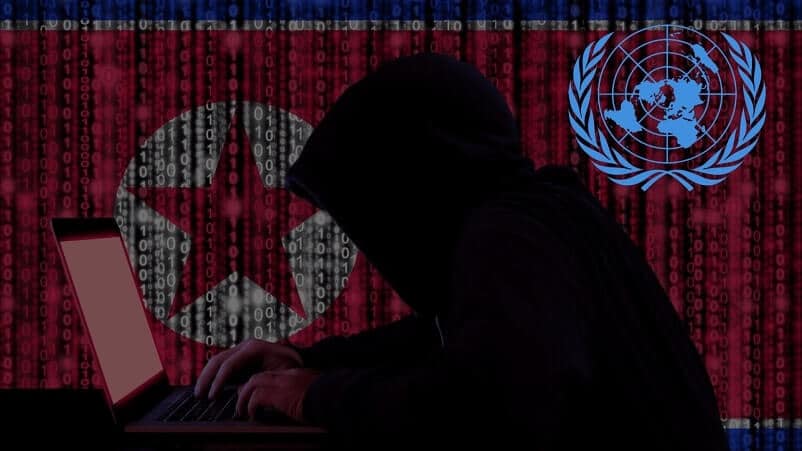

United Nations (UN) experts announced that they are probing around 35 cases relating to North Korean based cyber-attacks across 17 nations. The hackers carried the cyber-attack to illicitly raise fund for its nuclear program, and they are appealing for sanctions against ships offering diesel and gasoline to the nation.
The Associated Press, in the previous week, published a report from the UN experts, mentioning North Korean unlawfully earned more than $2 billion from its cyber operations against financial organizations and crypto exchanges. They acquired the amount through highly complex cyber operations.
The more detailed report was viewed by the AP, mentioned that neighboring countries of South Korea were significantly attacked, suffered from 10 North Korean attacks, India suffered from 3 cyberattacks followed by Bangladesh with 2 cyberattacks and Chile with 2 attacks.
Another 13 nations, namely Costa Rica, Guatemala, Gambia, Liberia, Kuwait, Malta, Malaysia, Poland, Nigeria, South Africa, Slovenia, Vietnam, and Tunisia were the victim of one cyber-attack, the report mentioned.
However, the UN experts say that they are probing the cyber-attacks reported with regards to the breaching of UN sanctions, which the committee supervises.
The report also mentions that the North Korean cyber attackers operated in three different ways,
The UN experts emphasized that executing these highly complex attacks is of minimum risks and high return. Most of the time requires only a laptop and internet access.
The document to the Security Council provides information on various North Korean attacks and also North Korea’s progressive steps to avoid UN sanction on coal exports as well as on import of products such as ‘refined petroleum and luxury items.’ The luxury goods include ‘Mercedes Benz S-600 cars.
The committee had suggested imposing sanctions across 6 vessels of North Korea because they were avoiding sanctions and illicitly carrying shipping of refining petroleum-based items.
Within the UN sanctions, North Korea is restricted to import not more than 500,000 barrels of petroleum, gasoline, and diesel products. However, the United States and other 25 nations mentioned that North Korea exceeded the import limit from January to April 2019.
Referring to Chile incidence, the UN expert stated, North Korean attackers illustrated the hack by using LinkedIn, offered employment to a Redbank employee-interbank network of Chile that links ATM systems of all its banks.
Regarding the North Korean cyber-hacks incidence, the committee mentioned attackers in a specific nation accessed the framework controlling the ATM system fully and deployed malicious code that changed the way transaction functioned. This resulted in cash circulation of 10,000 to people operating for North Korea over 20 plus nations within 5 hours.
In South Korea, the UN expert mentions, North Korea cyber-hackers shifted their focus towards crypto exchanges in 2019.
The Committee further highlighted the incident of Bithumb- a South Korean based leading cryptocurrency exchange of the world, that was hacked for almost 4 times. The initial two attacks were carried in February and July 2017 and made the exchange to lose around $7 million. The third hack was executed in June last year, resulted in the exchange to lose $31 million, and the last hack took place on March 2019, the exchange lost $20 million in the attack.